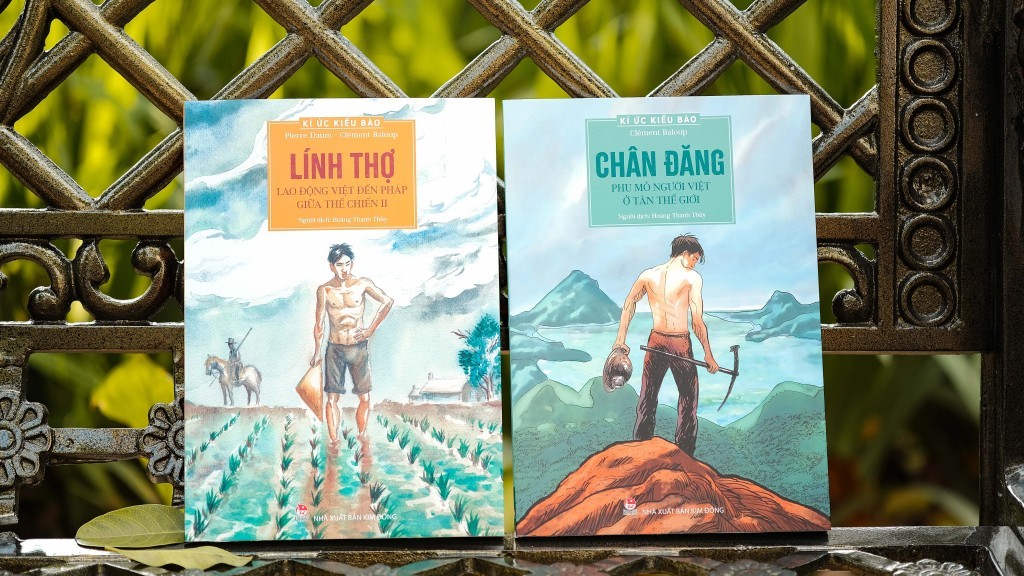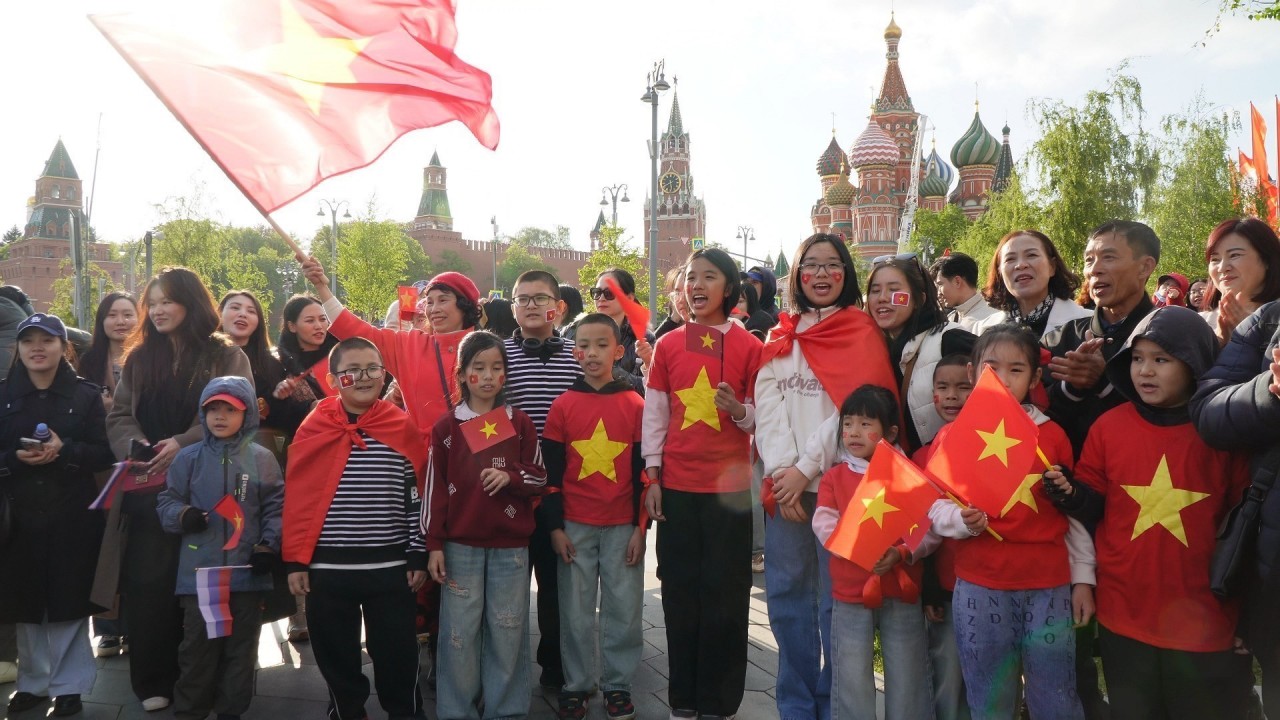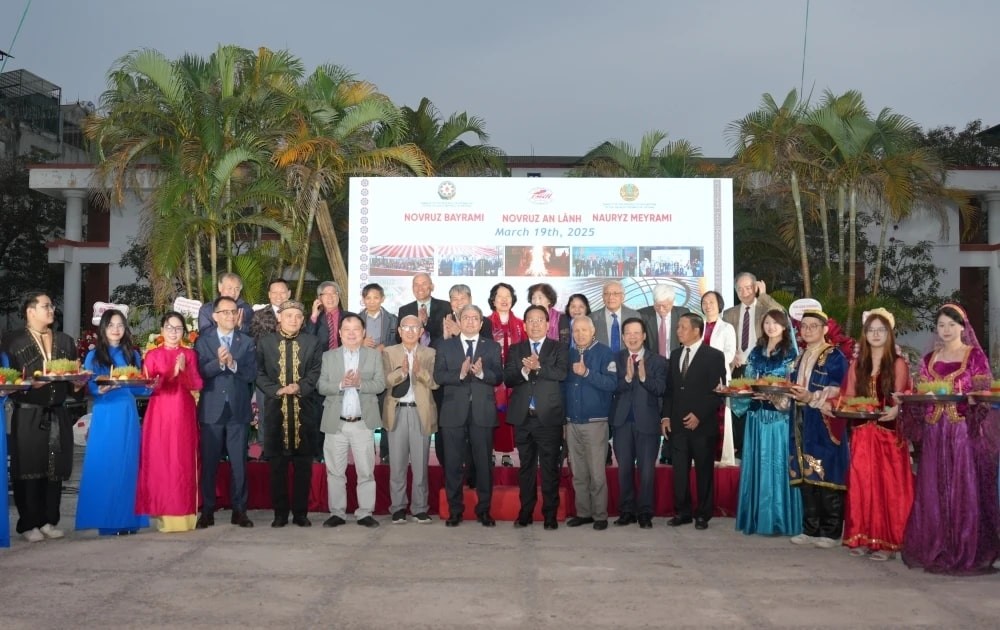Viet Scientist Tackles World Hunger with Gene Coding Research
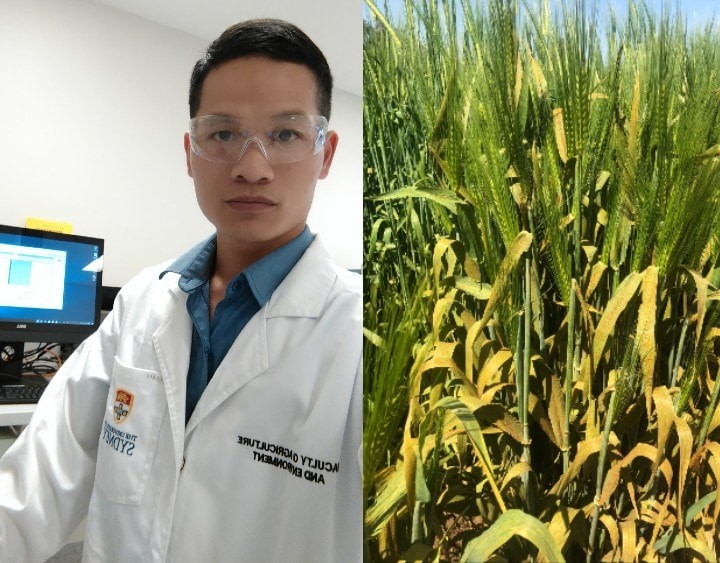 |
| Dinh Xuan Hoan, a university of Sydney scholarship student, is determined to find a new tactic in ‘arms race’ against cereal killer. Photo: The University of Sydney |
Global food production is reduced by at least 10% by a wide range of microbial pathogens of plants. Deployment of resistance genes has long been considered the most cost-effective and environmentally friendly approach to protect crops against pathogens. However, the effectiveness of resistance genes is often limited to a few years as pathogens evolve rapidly to acquire virulence that erodes or defeats genetic protection.
Dinh Xuan Hoan, a university of Sydney scholarship student, is determined to find a new tactic in ‘arms race’ against cereal killer. On June 2022, the University of Sydney praised Hoan for making a research breakthrough that could help protect crops from disease.
In his study published by Nature Communication on May 2022, he wrote about the Rph3 gene, which is a new class of resistance gene: "We isolated the leaf rust resistance gene Rph3 in barley by positional cloning and mutagenesis. Rph3 encodes a putative transmembrane protein with no homology at the amino acid level to any plant disease resistance gene isolated to date. We investigated the mechanism underlying this resistance gene and show that Rph3 is expressed only after a challenge by rust isolates containing the corresponding AvrRph3 gene. The Rph3 gene was sufficient to provide resistance to P. hordei, and expression of the Rph3 gene causes cell death in barley and Nicotiana benthamiana,".
Rust is a disease-causing fungus that afflicts various cereal crops worldwide, decreasing food production by at least 10%. In Australia, rust in wheat and barley costs farmers AUS $350 million per year in lost production and fungicides, according to the Australia's Grains and Development Corporation.
“Hoan undertook painstaking work over three years to isolate the gene from the barley genome, which is about the same size as the human genome. He found that the Rph3 gene is a new class of resistance gene in plants generally, which has led our research in a new direction that we think will advance rust resistance.” said Professor Robert Park, who was Dinh’s PhD supervisor.
The use of resistance genes in crop species such as wheat and barley has long been considered the most cost-effective and environmentally friendly method of preventing rust outbreaks.
These pathogens spread over thousands of kilometres and have caused huge epidemics that have resulted in hundreds of millions of dollars in damage. According to the Australia's Grains and Development Corporation, while they continue to have an impact on production, it has been estimated that genetic resistance saves Australian wheat and barley growers more than AUS $1 billion every year.
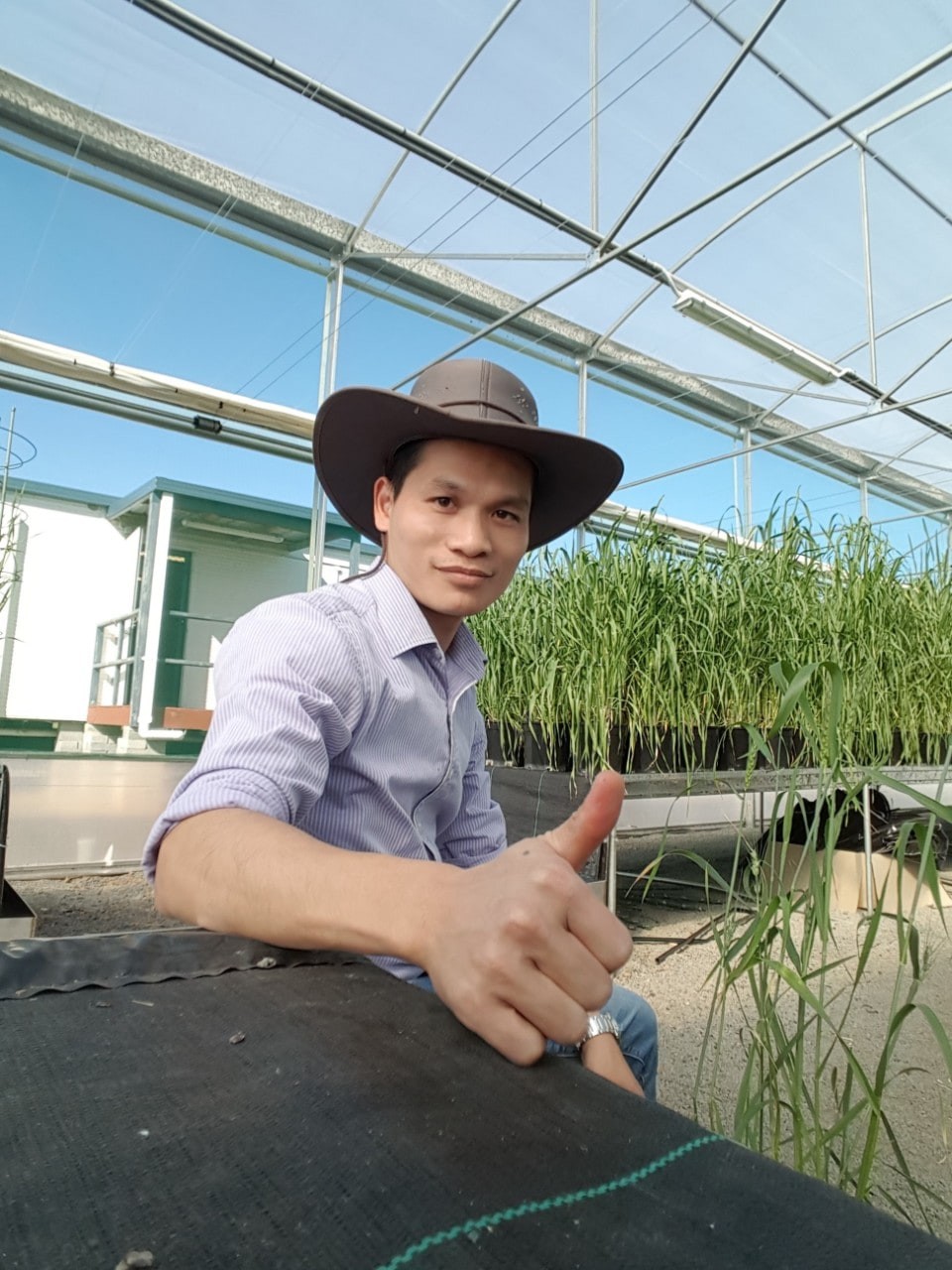 |
| Dr. Dinh's hometown is Ninh Binh province. Photo: The University of Sydney |
From rural Vietnam to top research lab
Born in rural Vietnam, he has always been interested in studying agriculture as a means of helping farmers.
The barley genome has 5 billion nucleotides, encoding about 80,000 genes. Spending everyday at the lab, Hoan and his team aim to find out which of those 80,000 genes is responsible for the formation of resistance in plants.
"It's like finding a needle in a haystack," said Hoan.
There is no barley grown in Vietnam, but his knowledge of plant gene isolation also applies to other, more local crops, such as soybeans. Currently, the young scientist is in Japan, about to commence a year-long postdoctoral position to explore how to enhance soybean productivity.
Sequencing the gene was the initial goal of his PhD, but this breakthrough was partly down to luck. The resistance gene he discovered was unlike any previous gene and was not found in the world databank.
"I thought I made a mistake somewhere. I was a bit worried," said Hoan.
The results were so remarkable that Hoan initially worried he had made a mistake. “When I first found the gene, I was worried I had done something wrong because it was so unusual,” Dinh said. “The majority of disease resistance genes belong to a different gene family. It felt great to be vindicated.”
"My supervisor said, 'We are going to have a beer tonight to celebrate this event.' He knew I had found something different, like 'snagging the treasure,'" Dinh recalled his supervisor's reaction to the research finding.
There is more research to be done into barley rust resistance genes and Hoan hopes to continue this work. “We need to know how the gene and the pathogen interact,” he said. “The story has just started.”
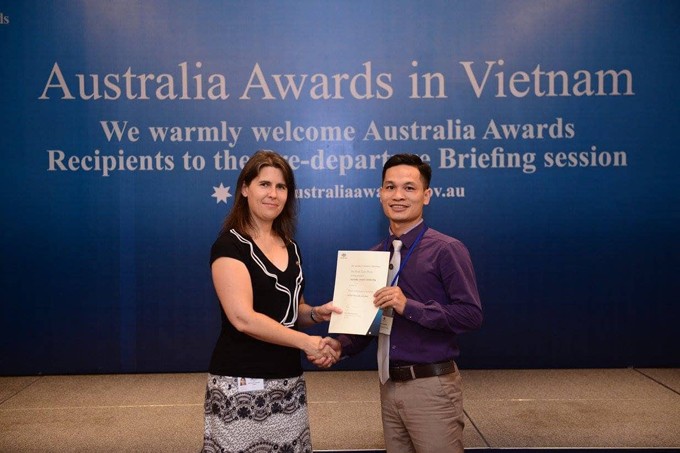 |
| Photo: VnExpress |
This exceptional Viet scientist is one of several University of Sydney alumni from the developing world to have a huge impact on improving agriculture. The group includes the late, India-born Dr Sanjaya Rajaram, who completed a PhD at the University of Sydney in 1969 and won the World Food Prize in 2014 – ‘the Nobel Prize of agriculture’ – for his research into the development of 480 wheat varieties.
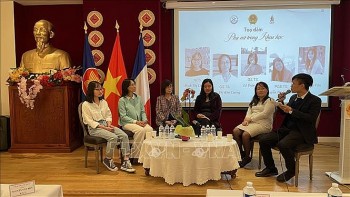 | Vietnamese Female Scientists Meet in Paris to Share Experiences The event praised women in science and connected overseas Vietnamese women with their homeland. |
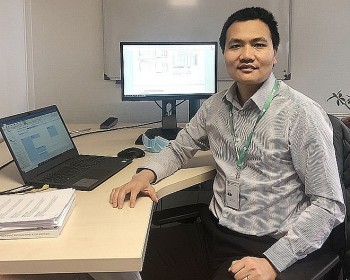 | Vietnamese Scientist Creates Insulation Material from Waste Professor Nguyen Dang Mao, 34, develops new insulation materials from waste wood, bamboo fibers, straw and canola to help reduce CO2 emissions. |
 | Over 20 Vietnamese Scientists Listed Among World Top 100,000 Nearly 30 Vietnamese scientists working domestically and abroad have been named in the list of the world's top 100,000 most-cited researchers in all fields of ... |
Recommended
 Overseas Vietnamese
Overseas Vietnamese
Vietnam Brings Flavor and Culture to Brazil’s International Fair
 Overseas Vietnamese
Overseas Vietnamese
Contribute to Form a "Global Vietnamese Ecosystem"
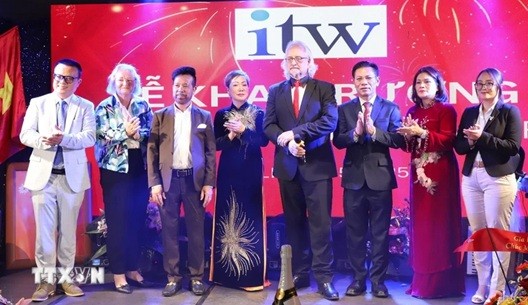 Overseas Vietnamese
Overseas Vietnamese
Language and Vocational School for Vietnamese launched in Germany
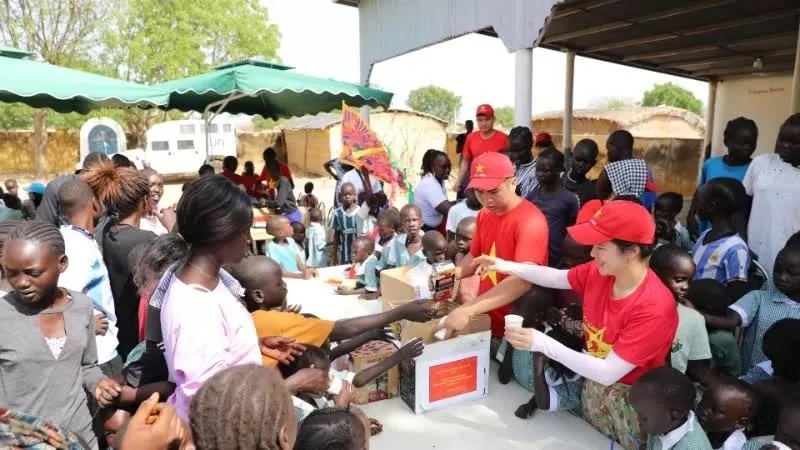 Overseas Vietnamese
Overseas Vietnamese
A Heart-warming International Children's Day in Abyei
Popular article
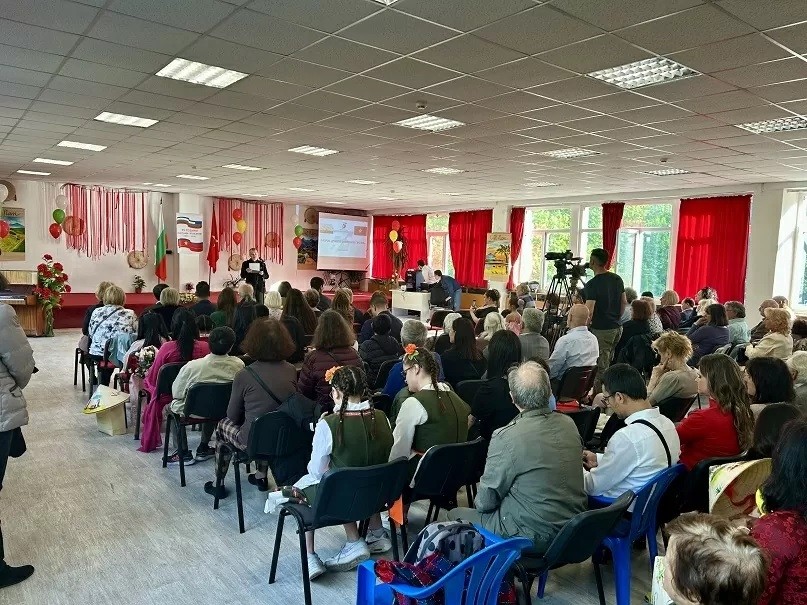 Overseas Vietnamese
Overseas Vietnamese
Art Program Deepens Vietnam-Bulgaria Cultural Exchange and Friendship
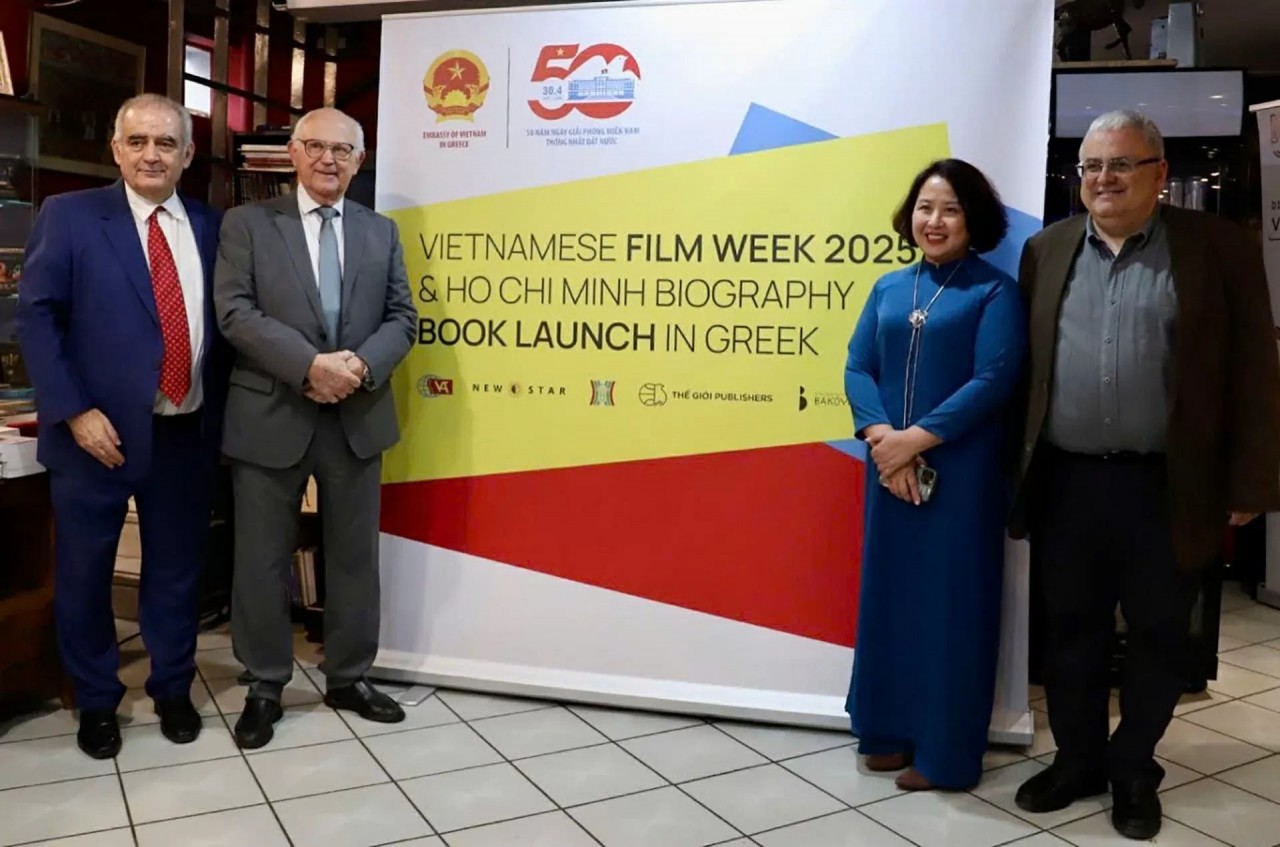 Overseas Vietnamese
Overseas Vietnamese
First Vietnamese Film Week Opens in Greece
 Overseas Vietnamese
Overseas Vietnamese
Vietnam Festival in Tokyo To Be Held for 18th Time
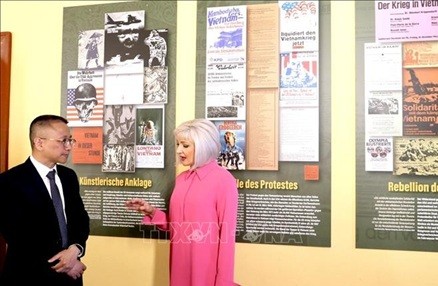 Overseas Vietnamese
Overseas Vietnamese




